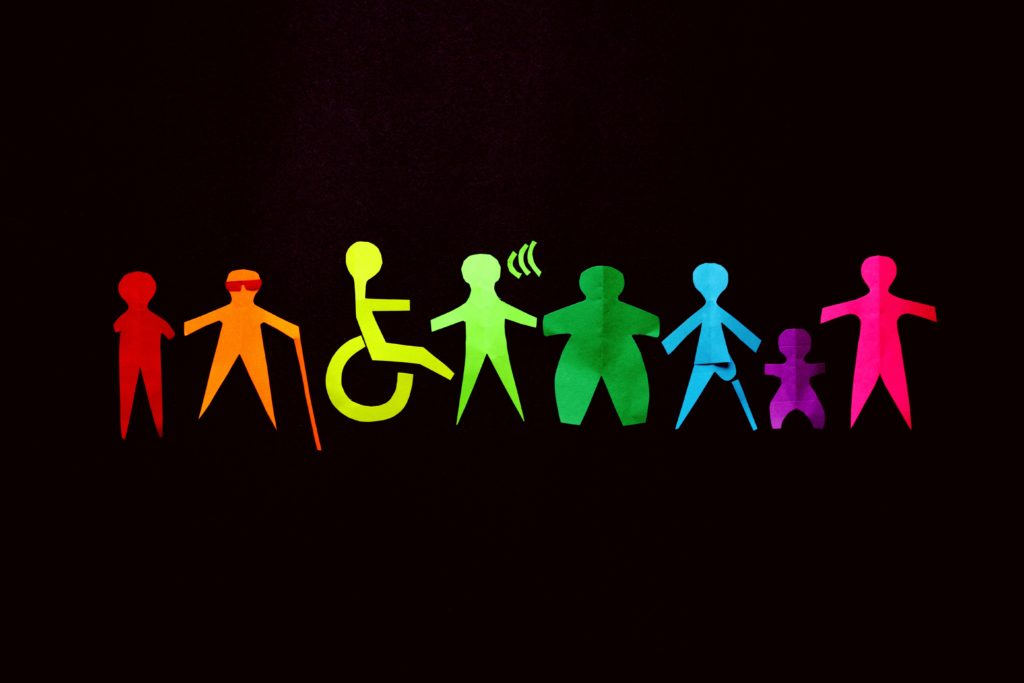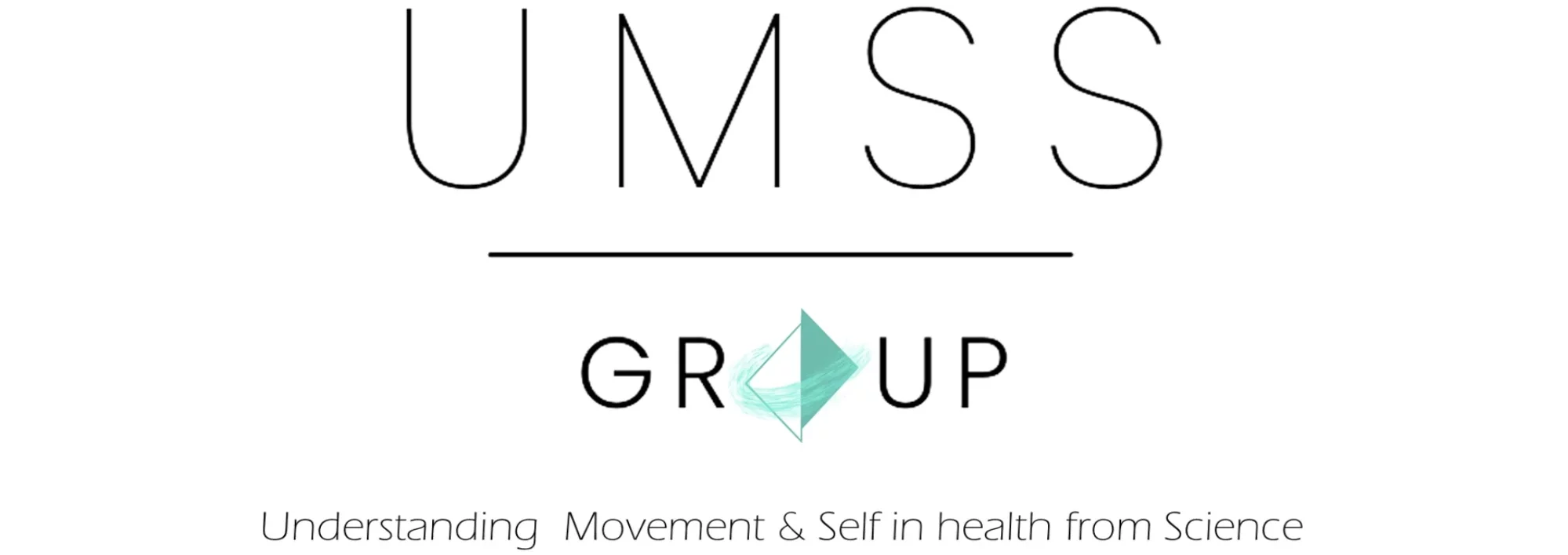
December 3 is celebrated as the International Day of Persons with Disabilities. Throughout our lives, almost everyone will suffer some type of temporary or permanent disability that will make their situation more complex.
Disability is dynamic, multidimensional, and a subject of disagreement. This is reflected in the First World Report on Disability presented by the World Health Organization (WHO) and the World Bank (WB) in 2011. From this report, based on the International Classification of Functioning, Disability and Health (ICF) and the Convention on the Rights of Persons with Disabilities (CRPD), a view of disability as a social phenomenon is advocated. This approach integrates the medical terms and complexities of disability itself with its social influence and the barriers for people with disabilities. Thus, disability ceases to be a personal attribute and becomes a phenomenon of social interaction, where the environment in which people develop must be considered (World Health Organization, 2011).
The global prevalence of people with disabilities is estimated at 15%. In Spain, data from 2020 shows that mobility-related disabilities are the most prevalent. It is estimated that in 20% of Spanish households there is at least one person with a disability (Spanish National Institute of Statistics, 2022).
On the other hand, we can talk about Personal Autonomy, understood as the ability to make decisions, manage resources, and perform daily tasks without excessively depending on the assistance of others.
People with disabilities often encounter physical barriers, such as difficulty accessing public spaces and transport or poor workplace adaptations, which hinder their normal personal and professional development. They also face social barriers manifested through stigma and discrimination, which equally prevent dignified professional and personal development.
Thus, both concepts are closely interrelated, and in this context, international organizations (UN, governments, public organizations, etc.) have been working towards a model of Promoting Personal Autonomy and Attention to People in Situations of Dependence.
In 2006, Spain approved Law 39/2006, of December 14, on the Promotion of Personal Autonomy and Care for people in situations of dependence.
This law defines dependence as the state in which people find themselves who, due to age, illness, or disability, and linked to the lack or loss of physical, mental, intellectual, or sensory autonomy, require care and help to perform basic activities of daily living. Its main objective is to promote the personal autonomy of people in situations of dependence and to guarantee adequate attention to their needs (Spanish Official State Bulletin, 2006).
For this purpose, the System for Autonomy and Attention to Dependency (SAAD) was created, which seeks to coordinate resources and services to ensure care for people in this situation.
Within this framework, in 2016, the “I Andalusian Plan for the Promotion of Personal Autonomy and Prevention of Dependency (2016-2020)” was created in Andalusia, with objectives to promote personal autonomy, improve health and increase life expectancy, reduce the impact of disability or dependence, raise awareness and educate society, and foster research and scientific knowledge (Regional Council of Equality and Social Policies, 2016).
Strategies and development plans for full inclusion and improvement of personal autonomy continue to be a main agenda for all organizations and governments worldwide. An example of this is the 2030 Agenda and the sustainable development goals, where one of the primary commitments was to leave no one behind, including people with disabilities. Thus, the UN continues to work with the Disability Inclusion Strategies 2022-2025 (United Nations Development Coordination Office, 2022). Or the national plan included in the document “Spanish Strategy on Disability 2022-2030, for the access, enjoyment, and exercise of human rights by persons with disabilities”, approved by the Council of Ministers on May 3, 2022 (Ministry of Social Affairs and Agenda 2030, 2022).
With these plans and strategies, objectives are set at the social level through the development of inclusive education, promoting employment and labor participation, and with citizen awareness and sensitization programs. In this way, the fight continues to achieve compliance with human rights, universal accessibility, and empowerment and autonomy for all people.

